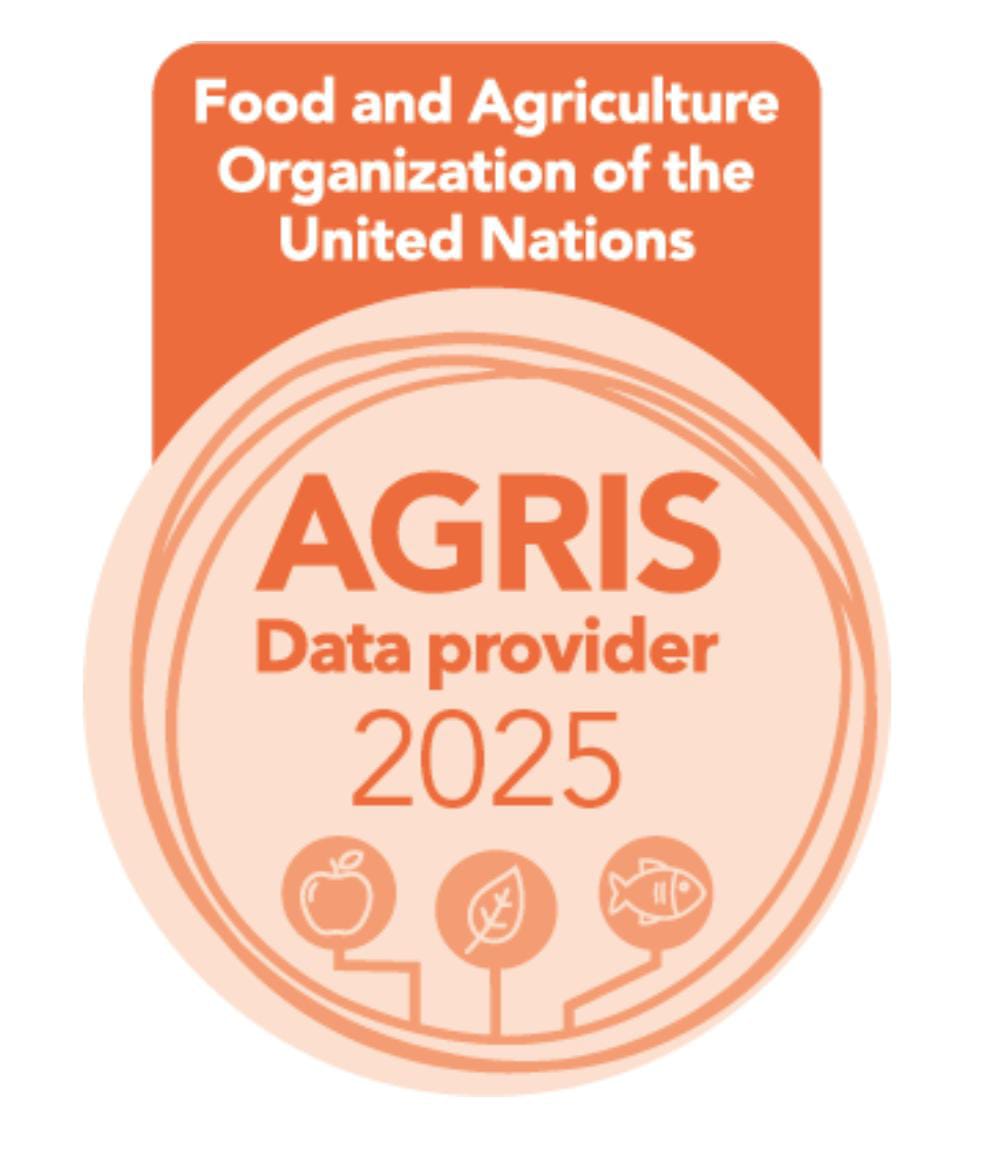Factors influencing the low potato production in Tactbamba community, Ancash – Peru
DOI:
https://doi.org/10.5281/zenodo.11153958Keywords:
production, factors, climate, potato, agricultureAbstract
The potato crop (Solanum tuberosum L.) in the village of Tactabamba is the mainstay for the self-consumption of the villagers, previously the productivity of this crop was abundant, but over the years, production has dropped significantly, this due to the pathologies that occur, pests, poor cultural practices that are performed in the crop. The purpose of this research was to establish which factors are related to the low production of potato (Solanum tuberosum L.) in the village of Tactabamba, Ancash, located at 3712 meters above sea level in the high Andean region of Peru. The research design was descriptive, using a closed-question survey as a technique for data collection, the results of which will later be supported by the relevant theory. In this way, the factors that influence the low potato production in the selected territory were determined. Finally, the study was intended to set a precedent for future research related to the production process and anomalies in the harvesting of this tuber.
Downloads
References
Arcos Pineda, J. H. (2020). Manual tecnico :manejo integrado del caultivo de papa (Solanum tuberosumL.). 35.
Arcos, J., Mamani, H., Barrera, W., & Holguín, V. (2020). Mnual tecnico: Manejo integrado del cultuvo de papa (Solanum tuberosum L.). Instituto Nacional de Innovacion Agraria. Obtenido de http://repositorio.inia.gob.pe/handle/inia/1146
Herrera. (2018). Factores limitantes a la produccion resultado de la encuesta a los Programas Nacionales de America Latina. Revista latinoamericana de la papa, 122-134.
INTA. (2018). Aplicación Web y Móvil para mejorar el monitoreo de las Etapas feneologicas. maestria , Universidad ricardo palma, lima Perú.
Materano, & Diaz. (2015). Fisiologia de las plantas a bajas temeraturas. Universidad Nacional Pedro Ruiz Gallo, facultard de ciencias, Lambayeque-Perú.
Morales, C. (2015). el aporque en cultivares nativos de papa (Solanum tuberosum L.). Andahuaylas.
Oyaezum, a. (2013). labores culrurales. aporque en la produccion de papa. Tesis , Arequipa Peru.
Pino, M. (2016). ). Estrés Hídrico y Térmico En Papas, Avances y Protocolos.Efectos de las heladas en el cultivo de papa, y desafíos del mejoramiento. Obtenido de https//www.researcahgate.net/publication/305223353
Regalsky. (2015). Analisis de los factores que indicen en la baja productividad de 5 variedades de papa (Solanum tuberosum L.) nativa en la provincia de Cotabamba. Apurimac - Cotabamba.
Rodriguez, V. y. (2016). Caracteristicas agronomicas de dos clones y dos acultivares de papa (solanum tuberosun)con tolerancia a heladas en condiciones agroecologias de allpa - puno.
Westreicher, G. (29 de abril de 2020). porduccion agricola . Economepedia.com. Obtenido de https://economipedia.com/definiciones/produccion-agricola.htm
Published
How to Cite
Issue
Section
License
Copyright (c) 2023 Latin American Journal of Agricultural Sciences - RLCA

This work is licensed under a Creative Commons Attribution-NonCommercial-NoDerivatives 4.0 International License.
The Latin American Journal of Agricultural Sciences (ISSN online: 2961-2764) applies the Creative Commons Attribution (CC BY) license to the articles and other works we publish. Therefore, each manuscript submitted for publication by the journal will be processed under the CC BY license. This means that the manuscript author retains copyright to their published documents while agreeing that their article may be reused in whole or in part by anyone for any purpose, free of charge, including for commercial purposes. The use of this license is consistent with the open access policy of the journal, since this is the most open license considered "the gold standard" of open access.






















